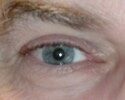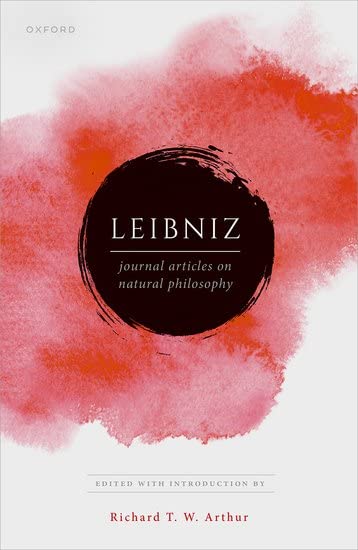research interests
seventeenth century philosophy: My main area of research over the past 30 years or so has been seventeenth century philosophy, particularly that of Gottfried Leibniz. I give a fresh overview of his thought intended for all interested readers in my Leibniz, (Polity Press, 2014).
In December 2021 (again with OUP) I published a companion volume, Leibniz on Time, Space, and Relativity. In it I attempt a historically accurate treatment of Leibniz’s theories of time, space, and motion, but also with an eye to their implications for modern science. Further offshoots of this project are two co-authored volumes: 1) Leibniz on the Foundations of the Calculus, with David Rabouin (Université Paris Diderot), which features six chapters giving new perspectives on Leibniz’s subtle views, together with a substantial selection of 50 relevant texts, almost all translated into English for the first time, facing the Latin and French originals; and 2) G. W. Leibniz: On the Metaphysics of the Infinite, with Osvaldo Ottaviani, a selection of previously untranslated (almost all previously unknown) writings on that topic, with transcriptions by Osvaldo, and substantial commentaries, accepted for publication with Oxford University Press in consort with the British Journal for the History of Philosophy.
Also published in 2023 with OUP is another translation volume, G. W. Leibniz: Journal Articles on Natural Philosophy, for which I am general editor and author of the introduction, with translations by myself, Jeff McDonough, Sam Levey, Lea Schroeder, Tzuchien Tho, and Richard Francks.
Another co-authored volume in progress, this time with my McMaster colleague Nick Griffin, is a book length study, Russell on Leibniz. This consists of an introduction and eight chapters; Nick’s are “1. The Origin and Initial Reception of Russell’s Book on Leibniz”, “3. What did Russell Learn from Leibniz?”, “5. Relations”, and “7. Leibniz’s Revenge;”mine are “2. The Hegelian Roots of Russell’s Critique of Leibniz”, “4. Russell’s Rejection of the Relational Theory: Leibniz, Lotze, and Internal Relations”, “6. Leibniz on Relations: Some Clarifications”, and “6. Russell, Leibniz and the “at-at” theory of motion”.
The two of us, along with Jolen Galaugher, also edited a transcription of Russell’s notes on Leibniz from 1898, as well as his marginalia on his copies of the Gerhardt Leibniz, both contained in the Russell Archives in the library at McMaster University, together with G. E. Moore’s notes on Russell’s lectures, a discarded preface, and the preface to the French edition; this has appeared as one complete issue of the journal Russell (Summer 2017; edited, and contributed to, by Ken Blackwell), thus gathering in one place all the materials that went into the making of Russell’s justly celebrated A Critical Exposition of the Philosophy of Leibniz —a work which not only transformed scholarship on Leibniz, but also had significant impact on the development of Russell’s own thought, as we have tried to demonstrate.
Another research area I have been investigating is the lively atomist tradition of the early seventeenth century and its connection with biology, theology, and the chymical tradition, particularly in the work of Daniel Sennert, and before him, Julius Caesar Scaliger. Here my contacts with Japanese scholars, particularly Hiro Hirai and Kuni Sakamoto, have been invaluable. Our joint workshop in Toyama, Japan, in early 2016 showcased our research on Sennert, Scaliger and Leibniz respectively, which has thrown light on the importance of these late scholastic thinkers, and not just as precedents to Leibniz.
I have done substantial work on Descartes, beginning with my 1988 publication, “Continuous Creation, Continuous TIme: A Refutation of the Alleged Discontinuity of Cartesian Time,” continuing with studies of Isaac Beeckman’s (insufficiently appreciated) influence on his thought (on which I spoke at the Sorbonne in 2017), and also with my entries on “Atoms” and “Time” in the Cambridge Descartes Lexicon, ed. Lawrence Nolan. I have also treated the mathematical philosophy of Newton in several publications across my career.
philosophy of physics: My book, The Reality of Time Flow: Local Becoming in Modern Physics, came out with Springer in May, 2019. It consists in a defence of the reality of local becoming in modern physics. In successive chapters I explain the historical precedents of the modern opposition to time flow, giving careful expositions of matters relevant to becoming in classical physics, the special and general theories of relativity, and quantum theory, without presupposing prior expertise in these subjects. Analysing the arguments of thinkers ranging from Aristotle, Russell, and Bergson to the proponents of quantum gravity, I contend that the passage of time, understood as a becoming of events out of those in their local past at varying rates, is not only compatible with the theories of modern physics, but implicit in them.
Other work: In 2015 I published a paper on virtual processes, showing the close relationship between them and the phenomenon of quantum tunnelling; I argue that neither can be interpreted in terms of particle transmission, since (among other objections) that would involve processes with imaginary mass travelling backwards in time. I have also published a paper on “Proper Time and the Clock Hypothesis”, arguing that this is not a separate hypothesis that needs positing independently, but implicit in the formulations of both special and general relativity; and 2 papers on time in special relativity. A longstanding interest of mine is the close relationship between time and inertia, on which I have written two papers , “Time, Inertia and the Relativity Principle” (archived paper) in Minnesota, and “Time and Inertia” in Montreal. The Time and Universe (tau) Cluster, a collaborative venture with other physicists and philosophers in Canada and around the world, is now defunct, having failed to secure the funding applied for from SSHRC, despite initial promise of success. This kind of interdisciplinary endeavour seemingly cannot get funded in Canada, for all the bombast about “outreach”, “partnerships” and “interdisciplinary studies”.
history and philosophy of time: Descartes has a profound debt to Isaac Beeckman in his natural philosophy, issuing in both some of his most seminal advancements, but also in some of the tensions in his philosophy, as I have argued in various papers. These studies, together with related studies on Descartes, Galileo, Gassendi, and various less celebrated thinkers like Arriaga, Le Tenneur, and Fabry, form part of a project treating the interconnection of views on time, force and activity in seventeenth century natural philosophy, under the title Matters of Moment: studies on the birth of modern science. My paper “On the mathematization of free fall” comes out of this research.
philosophy of the infinite: Fourth, arising out of my work on Leibniz, I have been defending an account of the actual infinite that is a rival to the Cantorian account, but which eschews infinite sets. On this topic I wrote a dialogue between Leibniz and Cantor in 2000, which has finally been published (2020). I have also published five related papers: one on the development of Leibniz’s early thinking on infinitesimals; a second comparing Newton and Leibniz on infinitesimals; a third in which I compare Leibniz’s syncategorematic interpretation of infinitesimals with that of Smooth Infinitesimal Analysis; a fourth in which (inter alia) I offer a largely sympathetic critique of Deleuze’s interpretation of Leibniz’s calculus with regard to the rise of structuralism; and a fifth on Leibniz’s syncategorematic actual infinite; in addition to the two forthcoming volumes with Rabouin and Ottaviani mentioned above.
epistemology of science: Fifth, I have been part of a cluster of scholars interested in thought experiments. I published an article on Galileo’s thought experiment on falling bodies and Jim Brown’s Platonist interpretation of it, incorporating a weird dream, a partial defence of Feyerabend’s views, and my interest in Diderot’s materialist philosophy. More recently I published a paper (first read at a workshop in Halifax) on one of the world’s oldest TEs, Aristotle’s Wheel, perhaps originating with Archytas of Tarentum; and then an entry in the The Routledge Companion to Thought Experiments, (ed. James Robert Brown, Yiftach Fehige, and Michael T. Stuart), “Thought Experiments in Newton and Leibniz”. Other endeavours in epistemology: in Pisa in September 2010 I co-hosted a workshop (with Niccolò Guicciardini) on the (contested) expanding role of applied mathematics from the Renaissance to the Enlightenment; and in 2012, I attended an international workshop on the Language of Nature at the Rotman Institute at Western (London, Ontario), and my “On the Mathematization of Free Fall Galileo, Descartes, and a History of Misconstrual” was published in the resulting volume in 2016.
Books by RTWA
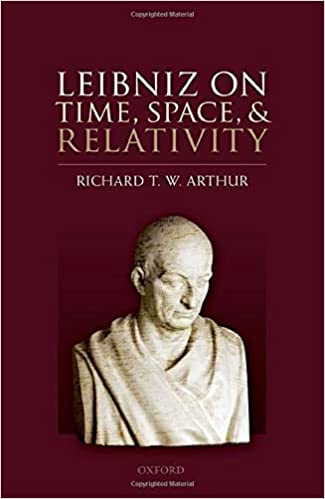
Leibniz on Time, Space, and Relativity
December 16, 2021
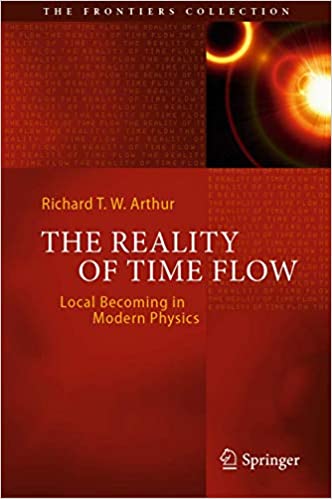
The Reality of Time Flow: Local Becoming in Modern Physics November 30, 2021
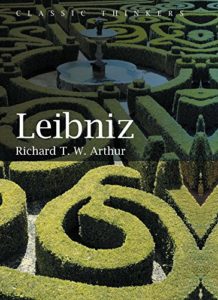
Leibniz
Sept. 9 2014
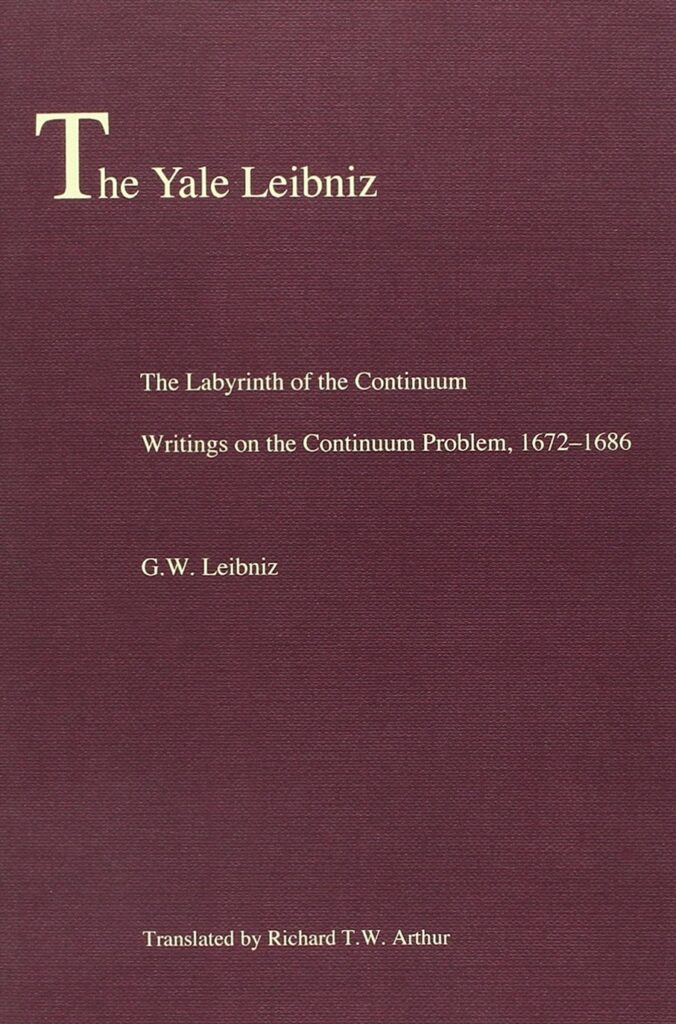
The Labyrinth of the Continuum
Sept. 3 2013
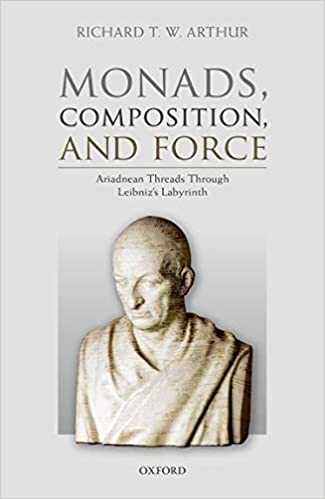
Monads, Composition, and Force
Nov. 14 2018
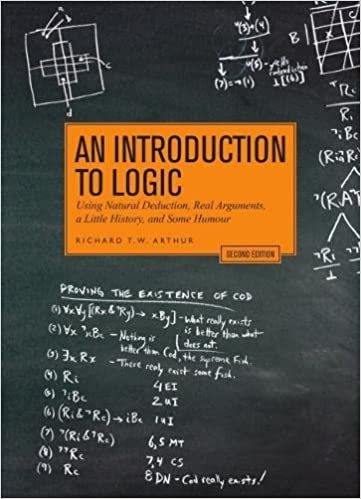
An Introduction to Logic
Nov. 30 2016
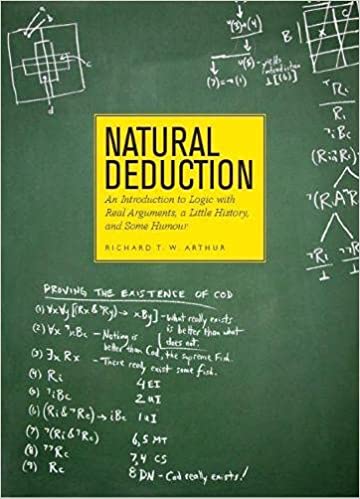
Natural Deduction
May 25th, 2011
